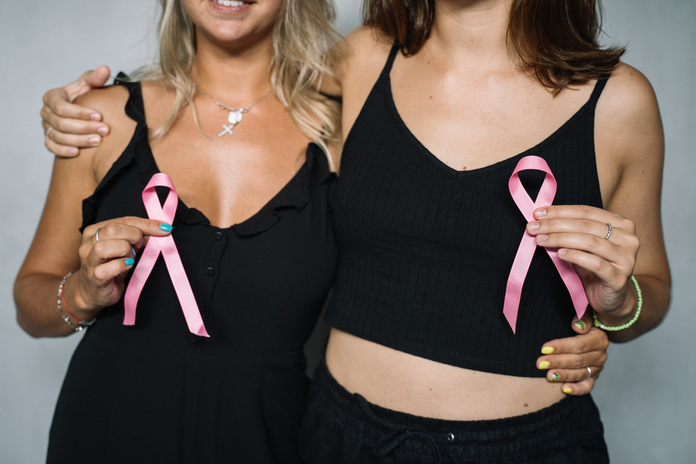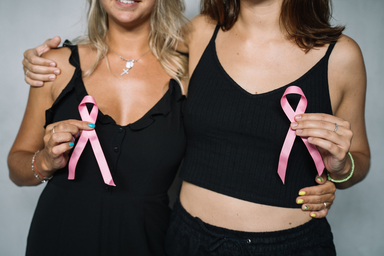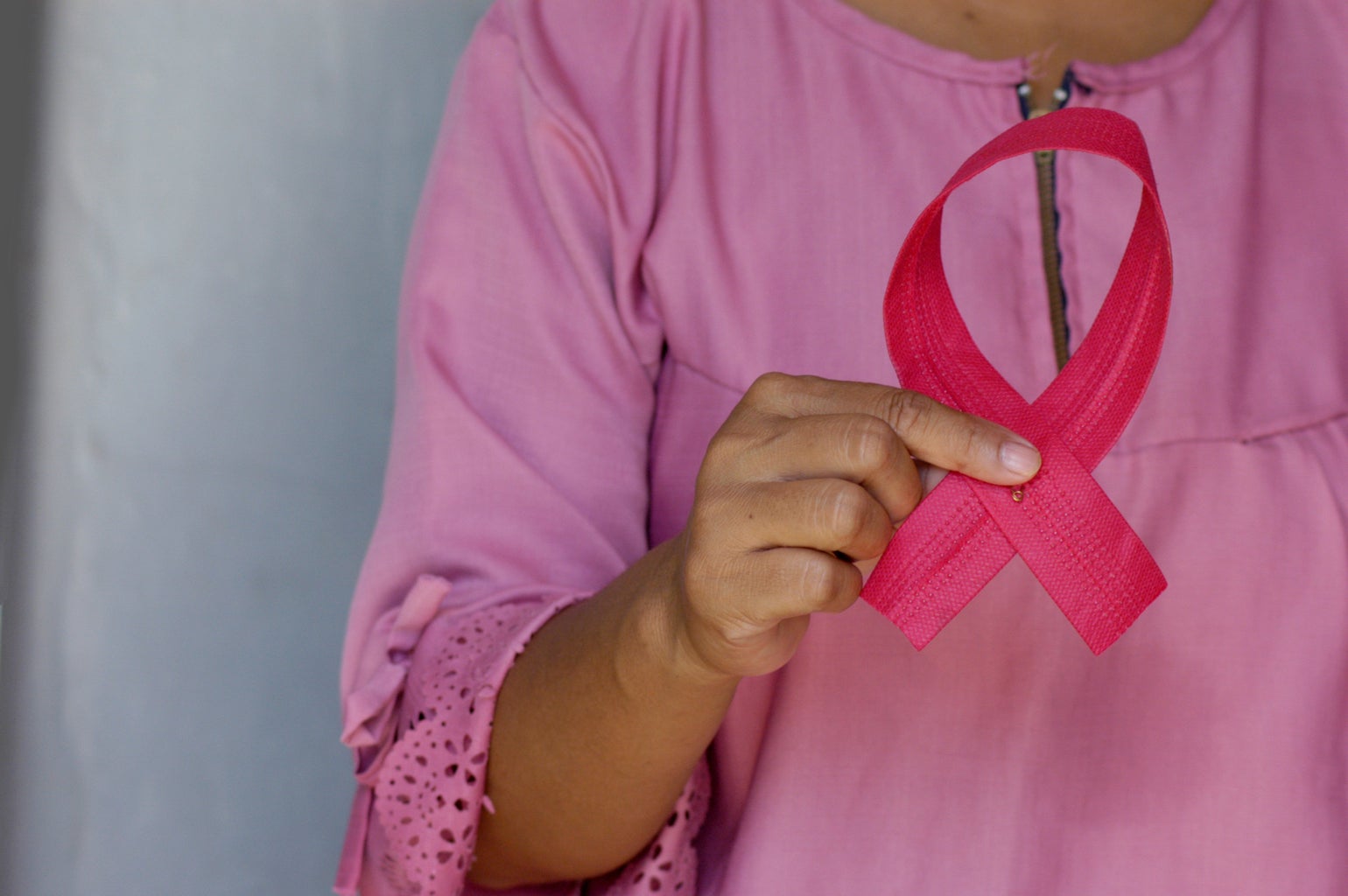October is Breast Cancer Awareness Month: a month to show support to those who have it and those who have survived it. Showing your loved ones you are there for them during such a difficult time is important, but it can be extremely difficult to figure out the best way to provide help.
Unfortunately, one of my family members has been diagnosed with breast cancer twice. It’s difficult to figure out the best way to help, especially when I have no medical knowledge and want to treat the situation with as much care as possible. However, what I have discovered is that, with a little hope and faith, cancer can be navigated together.
With that said, here are some tips I’ve found useful to keep in mind this Breast Cancer Awareness Month.
- Write down questions
If you’re going with a loved one to appointments, it’s important to have a list of questions to ask doctors. Taking notes helps keep track of confusing information, especially if a doctor is explaining the side effects of procedures and medications. Medical terms may be confusing, but writing down things doctors say will help everyone remember later, and having a few questions of your own ready will make everything seem less confusing or uncertain.
- Plan things to look forward to
My family has already planned a few fun things to do around the holidays and over the summer so there is a goal for all of us to push towards. Having plans to enjoy the simple things in life can help lift spirits and motivate not only the cancer patient, but the loved ones around them as well.
- Take care of yourself
As odd as that may sound, since you’re taking care of a loved one, you really need to make sure you’re healthy as well. For instance, around the time my loved one was going to doctor’s appointments this summer before being officially diagnosed, I started to have really bad chest pains. After many appointments and tests, we determined that it was really bad anxiety that was giving me physical pain, hand tremors and causing me to not be able to stay asleep. This worried my family members, and now that I am on medication and on my own path to getting healthy, I have a clearer mind when it comes to helping my entire family through these next few months.
- Have hope and faith
Every case of breast cancer is different. However, little things like thinking good thoughts or wearing pink in support of breast cancer awareness are simple actions that end up having a much more powerful impact.
- Treat your loved one with care, but don’t do everything for them
It’s natural to want to step in and save the day. However, I’ve learned that helping a loved one through challenges instead of overstepping and speaking for them, for example, is a good thing to keep in mind.
- Get some fresh air and be active together, if possible
As cheesy as it is to say, I’ve found that a simple walk around the block can be really healing. If your loved one is up for it, going on a stroll around the neighborhood and getting some fresh air together is a good chance to do a self-care activity and lift spirits. Simple exercise like walking can be a great stress-reliever, which is important when faced with such a stressful illness.
So, regardless of whether or not you or a loved one has experience with breast cancer, it’s important to support those affected by it and continue to have hope for a cure. As I’ve previously mentioned, every patient and every case is different, and what works for some may not work for others. However, it’s important to realize that a breast cancer patient never has to fight alone and that there are people and resources out there that can help.
I invite you to wear pink this October–I know that I certainly will be.




